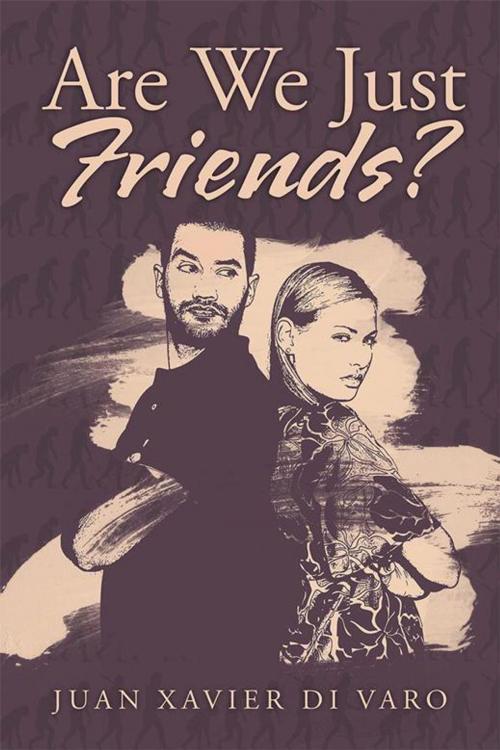| Author: | Juan Xavier Di Varo | ISBN: | 9781503501966 |
| Publisher: | Xlibris AU | Publication: | January 31, 2015 |
| Imprint: | Xlibris AU | Language: | English |
| Author: | Juan Xavier Di Varo |
| ISBN: | 9781503501966 |
| Publisher: | Xlibris AU |
| Publication: | January 31, 2015 |
| Imprint: | Xlibris AU |
| Language: | English |
Platonic friendships have been the topic of heavy discussion over the past decade, with more and more people turning to social media and friending those who are unknown to them, particularly the opposite sex. Many of us can think of a person whom we are friends with who is not of the same gender, and many more of us have become blind to the fact that there is usually always something more that hovers within this limbic space of platonic friendship. A lot of us do not understand the science behind our behavior, and we are uncertain as to why we have certain feelings toward others we consider just friends. There is an evolution at work, and many of our desires and nondesires come from these evolutionary traits that we carry as primates. Although many men and women would confirm that they have a friend who is from the opposite sex and the relationship is specifically platonic, do they truly believe this? Or is there something more between them on an emotional level? The majority of humans tend to shy away from the honesty buried beneath our subconscious in order to cache our true desires for the opposite sex. Are We Just Friends? gives a clear indication as to why we do what we do as human primates and provides a clear understanding as to the types of behavior we undertake when faced with the possibility of intimate thoughts toward those we would consider friends on a platonic level.
Platonic friendships have been the topic of heavy discussion over the past decade, with more and more people turning to social media and friending those who are unknown to them, particularly the opposite sex. Many of us can think of a person whom we are friends with who is not of the same gender, and many more of us have become blind to the fact that there is usually always something more that hovers within this limbic space of platonic friendship. A lot of us do not understand the science behind our behavior, and we are uncertain as to why we have certain feelings toward others we consider just friends. There is an evolution at work, and many of our desires and nondesires come from these evolutionary traits that we carry as primates. Although many men and women would confirm that they have a friend who is from the opposite sex and the relationship is specifically platonic, do they truly believe this? Or is there something more between them on an emotional level? The majority of humans tend to shy away from the honesty buried beneath our subconscious in order to cache our true desires for the opposite sex. Are We Just Friends? gives a clear indication as to why we do what we do as human primates and provides a clear understanding as to the types of behavior we undertake when faced with the possibility of intimate thoughts toward those we would consider friends on a platonic level.















